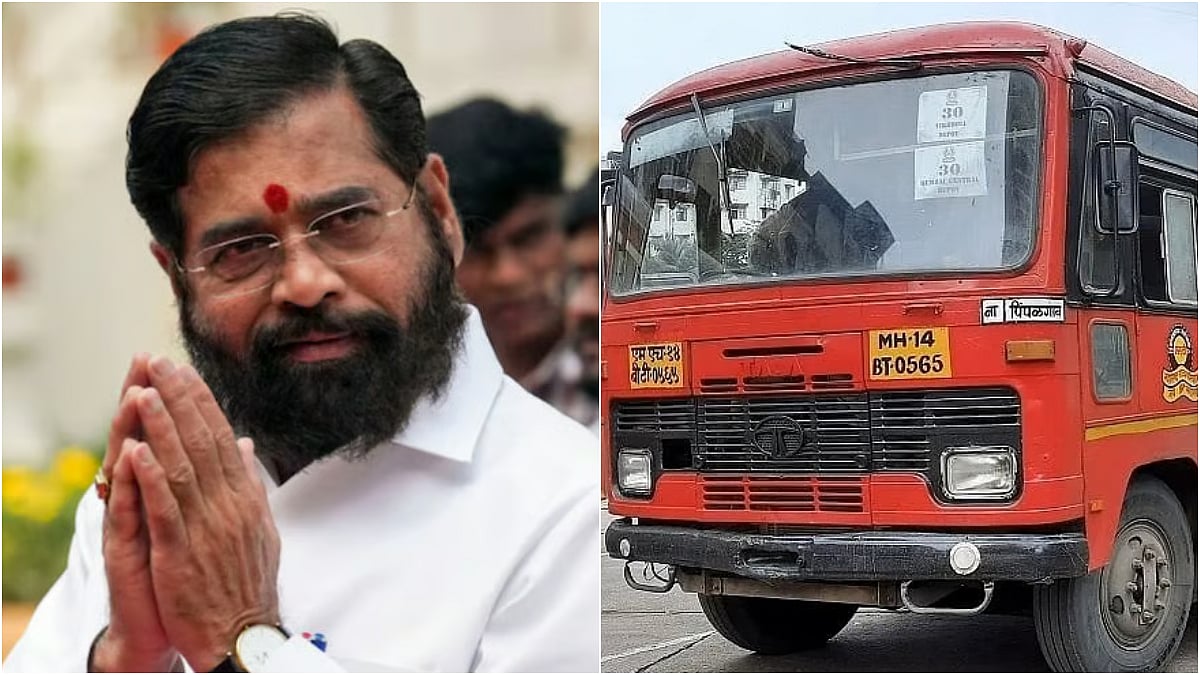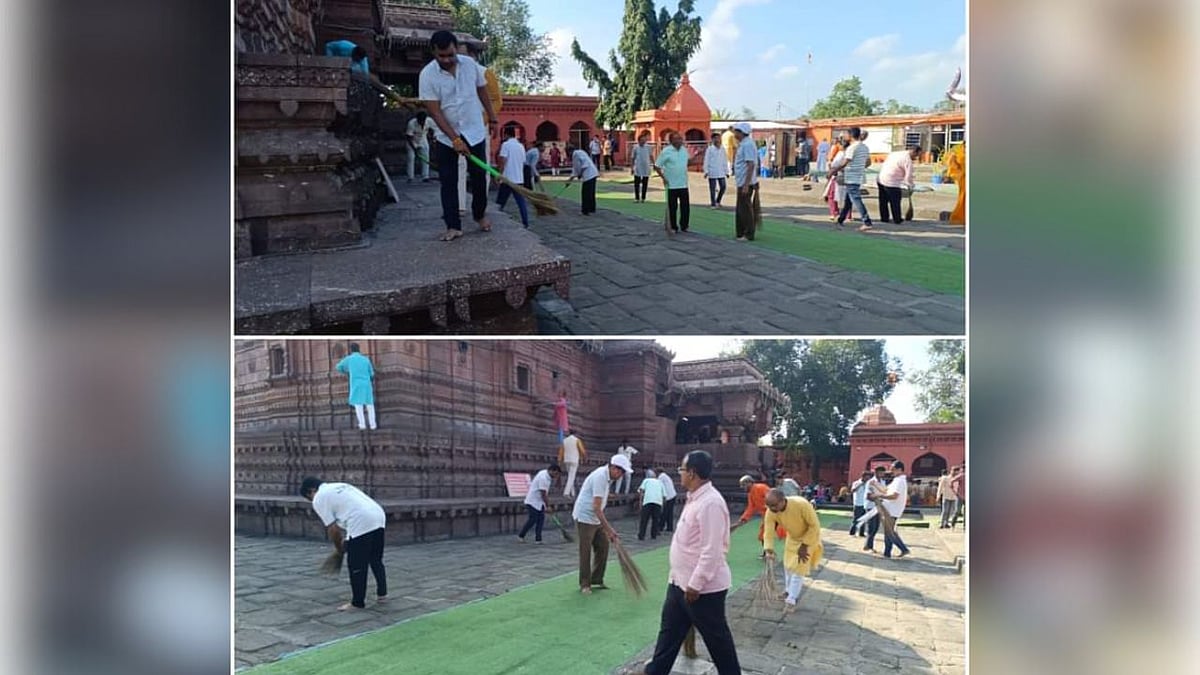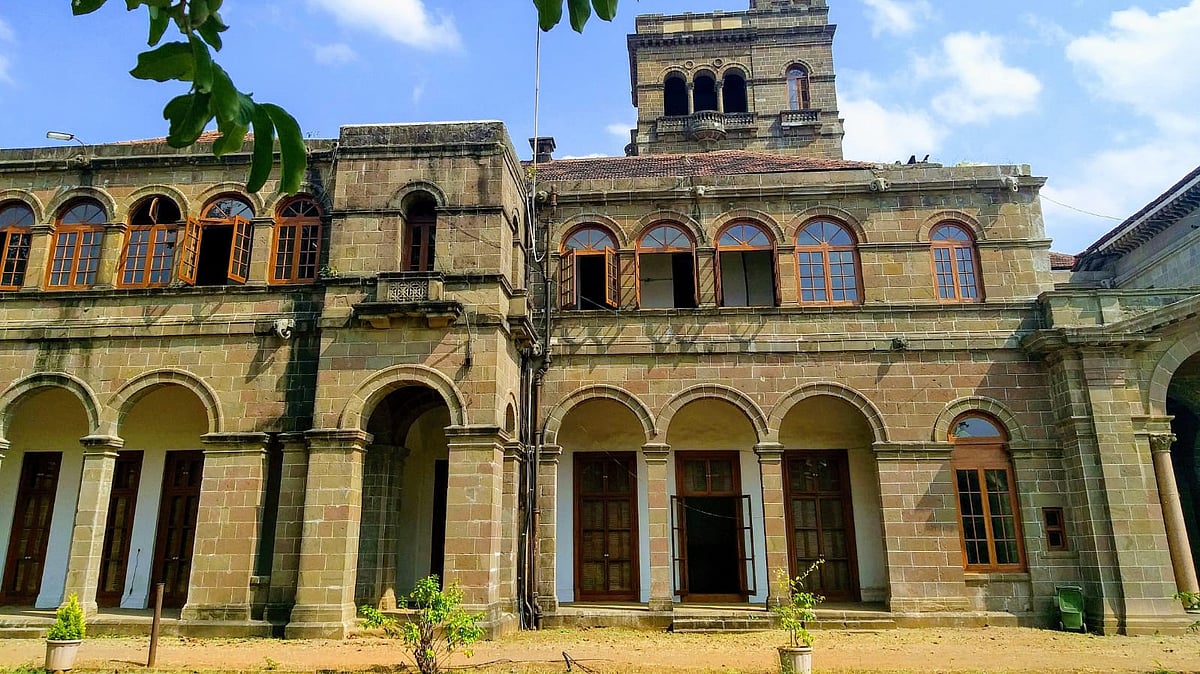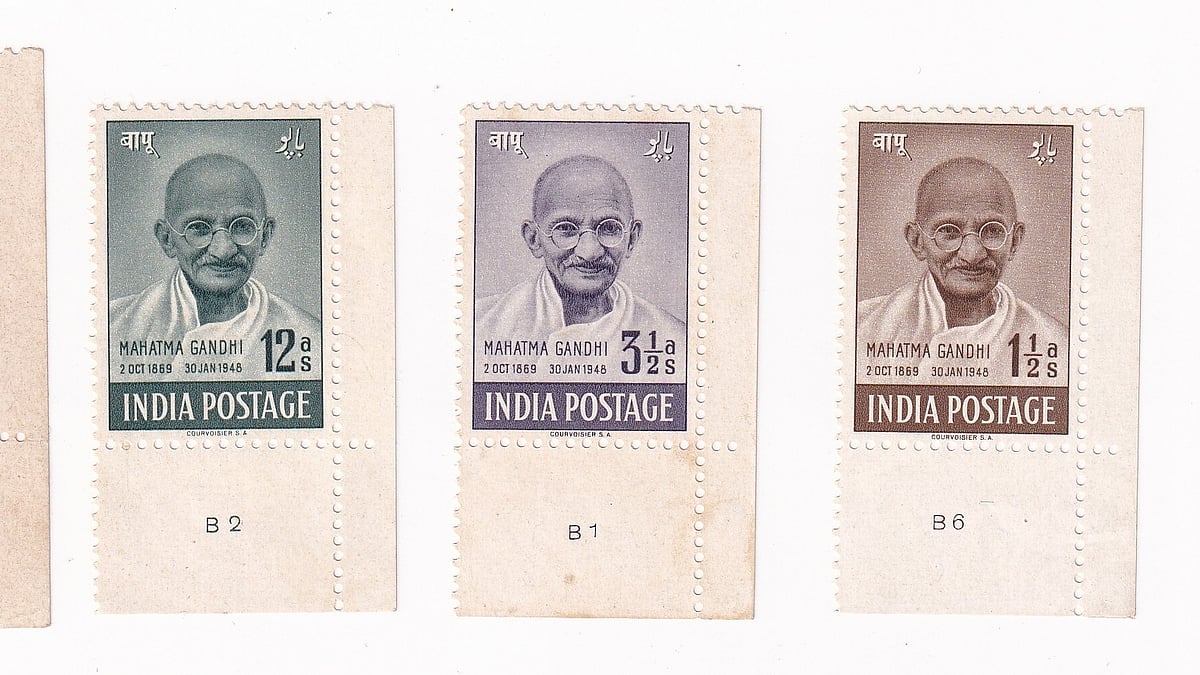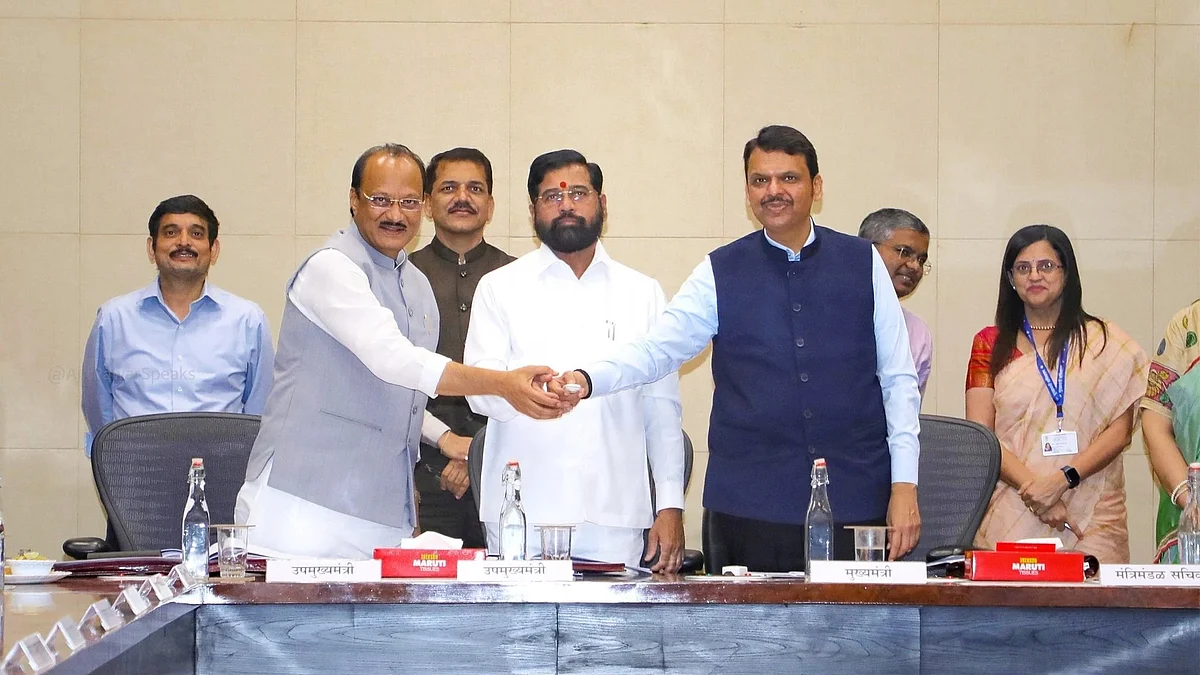Mumbai: In a swift reversal, Maharashtra Transport Minister Pratap Sarnaik on Thursday announced the cancellation of a proposed 30% fare hike on one-way group bookings for MSRTC (Maharashtra State Road Transport Corporation) buses—just 24 hours after it was introduced. The rollback came following directives from Deputy Chief Minister Eknath Shinde, who expressed strong displeasure over the fare hike.
According to sources, the decision was politically motivated, with the upcoming Brihanmumbai Municipal Corporation (BMC) elections looming large. Shinde reportedly intervened after concerns that the fare hike could alienate Mumbai’s sizable Konkan-origin population, many of whom travel home during the Ganesh festival—a period of high emotional and cultural importance.
Political Optics Override MSRTC’s Financial Concerns
In a press conference held Thursday, Minister Sarnaik explained that the fare hike was originally implemented to address severe financial losses incurred during last year’s Ganesh festival, when the corporation lost nearly Rs 11.68 crore.
MSRTC had deployed 4,330 buses outbound to Konkan, but only 1,104 returned with passengers. The high volume of one-way group bookings meant many buses returned empty, adding to fuel, driver, and overtime costs.
Despite this, the minister acted swiftly on Shinde’s instructions, calling a press meet within hours to announce the rollback—clearly signaling the government’s priority to avoid public backlash during a sensitive electoral period.
“MSRTC is a lifeline for the common people, especially during festivals like Ganeshotsav. We want to ensure that our decisions reflect public sentiment,” Sarnaik said, carefully aligning his stance with that of Deputy CM Shinde.
Rising Costs, Empty Buses
This year, MSRTC plans to deploy 5,000 extra buses for the Ganesh festival. With one-way bookings expected to dominate again, officials warn that losses could climb to Rs 13 to 16 crore. However, the political leadership has opted to absorb the financial impact to maintain public goodwill.
Sarnaik acknowledged these concerns, stating, “Last year, we saw massive losses, but we are committed to serving people, especially during culturally significant festivals. MSRTC has been providing safe and affordable services for over 77 years, and we will continue to do so.”
Public Service Over Profits
While MSRTC struggles to remain financially viable during peak seasons, its fares remain lower than those of private operators, who often hike prices during festival periods. Sarnaik underscored this distinction and appealed to the public for understanding.
“If we revise fares in the future, it will be for long-term sustainability. We hope people will support us in that effort,” he said, indicating that fare adjustments may resurface after the election season.
Balancing Act Between Culture, Costs, and Politics
The fare hike reversal underscores the tightrope that the state government must walk—balancing MSRTC’s financial realities with electoral optics and public sentiment. The Ganesh festival, deeply rooted in the cultural fabric of the Marathi community, often becomes a flashpoint for political sensitivity, particularly in Mumbai. As the BMC elections approach, this move appears to be a strategic attempt to preserve voter sentiment among the Konkan diaspora, even at the cost of fiscal prudence.
